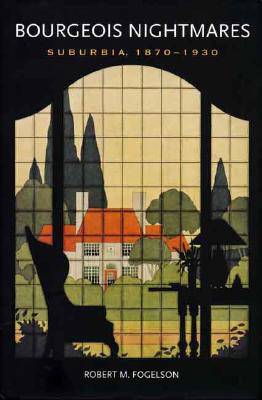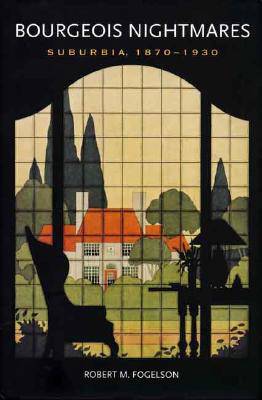
Door een staking bij bpost kan je online bestelling op dit moment iets langer onderweg zijn dan voorzien. Dringend iets nodig? Onze winkels ontvangen jou met open armen!
- Afhalen na 1 uur in een winkel met voorraad
- Gratis thuislevering in België vanaf € 30
- Ruim aanbod met 7 miljoen producten
Door een staking bij bpost kan je online bestelling op dit moment iets langer onderweg zijn dan voorzien. Dringend iets nodig? Onze winkels ontvangen jou met open armen!
- Afhalen na 1 uur in een winkel met voorraad
- Gratis thuislevering in België vanaf € 30
- Ruim aanbod met 7 miljoen producten
Zoeken
Omschrijving
An eminent urban historian uncovers the long-neglected history of the restrictive covenants that played a pivotal role in shaping America's suburbs
The quintessential American suburbs, with their gracious single-family homes, large green lawns, and leaf-shaded streets, reflected not only residents' dreams but nightmares, not only hopes but fears: fear of others, of racial minorities and lowincome groups, fear of themselves, fear of the market, and, above all, fear of change. These fears, and the restrictive covenants that embodied them, are the subject of Robert M. Fogelson's fascinating new book. As Fogelson reveals, suburban subdividers attempted to cope with the deep-seated fears of unwanted change, especially the encroachment of "undesirable" people and activities, by imposing a wide range of restrictions on the lots. These restrictions ranged from mandating minimum costs and architectural styles for the houses to forbidding the owners to sell or lease their property to any member of a host of racial, ethnic, and religious groups. These restrictions, many of which are still commonly employed, tell us as much about the complexities of American society today as about its complexities a century ago.Specificaties
Betrokkenen
- Auteur(s):
- Uitgeverij:
Inhoud
- Aantal bladzijden:
- 272
- Taal:
- Engels
Eigenschappen
- Productcode (EAN):
- 9780300124170
- Verschijningsdatum:
- 28/09/2007
- Uitvoering:
- Paperback
- Formaat:
- Trade paperback (VS)
- Afmetingen:
- 138 mm x 205 mm
- Gewicht:
- 290 g

Alleen bij Standaard Boekhandel
+ 122 punten op je klantenkaart van Standaard Boekhandel
Beoordelingen
We publiceren alleen reviews die voldoen aan de voorwaarden voor reviews. Bekijk onze voorwaarden voor reviews.











